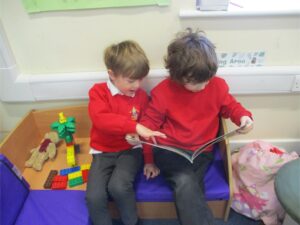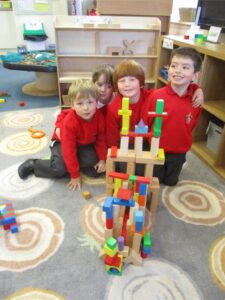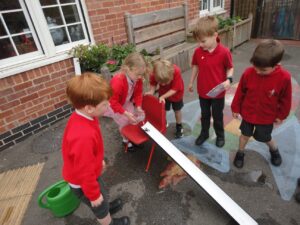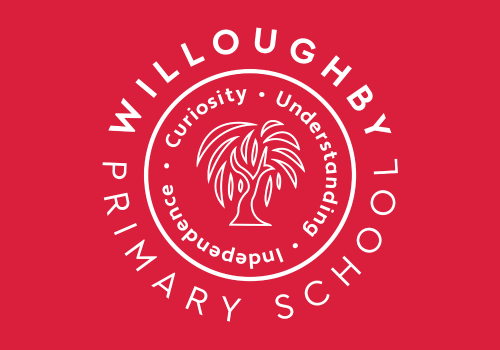EYFS
Click to download: Early Years Foundation Stage Statutory Framework | EYFS Development Matters | EYFS Pedagogy & Long Term Plan
Early Years and Foundation Stage
Early Years Foundation Stage Curriculum
Our EYFS provides the ideal start for a child to develop their confidence as a fun loving, motivated and independent learner, within a safe, caring and nurturing environment.
Our school’s core values: Curiosity, Understanding and Independence are firmly embedded in our daily routine and our child-centred approach aims to support each child to develop holistically and at their own pace. We provide an enabling environment, promoting communication and language skills, whilst ensuring that learning is engaging and enjoyable. Learning happens through investigation, exploring and immersive, hands-on experiences, indoors and outdoors.
We follow the overarching principles stated in the Statutory Framework for the EYFS (2025). These are:
- Every child is a unique child, who is constantly learning and can be resilient, capable, confident and self-assured
- Children can be strong and independent through positive relationships
- Children learn and develop well in enabling environments with teaching and support from adults, who respond to their individual interests and needs and help them to build their learning over time. Children can benefit from a strong partnership between practitioners and parents and/or carers.
- Importance of learning and development. Children can learn and develop at different rates. The framework covers the education and care of all children in early years provision, including children with special educational needs and disabilities (SEND).
Using the EYFS Framework and Development Matters, our curriculum has been designed by planning carefully thought out skills and knowledge to meet the needs of the children at Willoughby Primary School for all of the seven areas of learning:
Prime areas:
- Communication and language
- Personal, social and emotional development
- Physical development
Specific areas:
- Literacy
- Maths
- Understanding the World
- Expressive Art and Design



Key Information
Head Teacher: Mrs Joanne Linnett
Co-Chairs of governors: Mrs Rebecca Kealy & Mr Nicholas Brown
Type of School: County Primary Co-Educational Day School for 4-11 years
Contact Details
Please address all queries to our Office Manager Mrs Laura Shepherd
Address: Willoughby Primary School, Church Lane, Willoughby on the Wolds, LE126SS
Useful Links
Willoughby Primary School on the Ofsted website & the Parent View
Willoughby Primary School on the Dept. For Education website
Admissions: Standard reception criteria from Nottinghamshire CC
